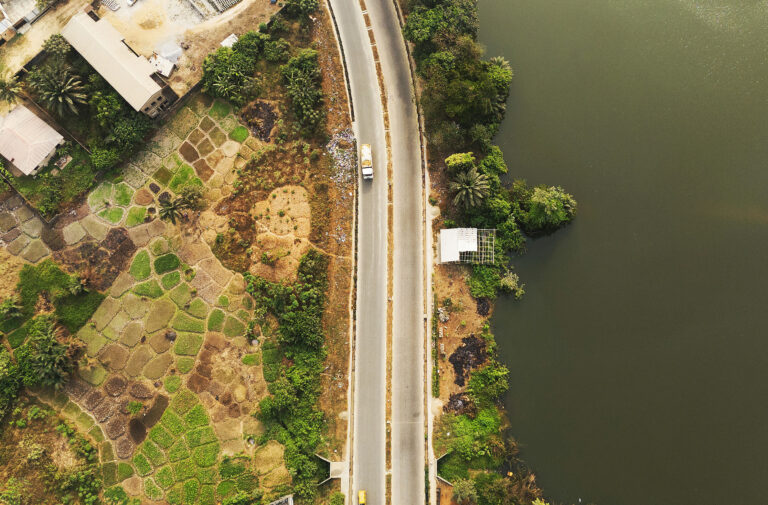Overberg District Municipality Wetland Report

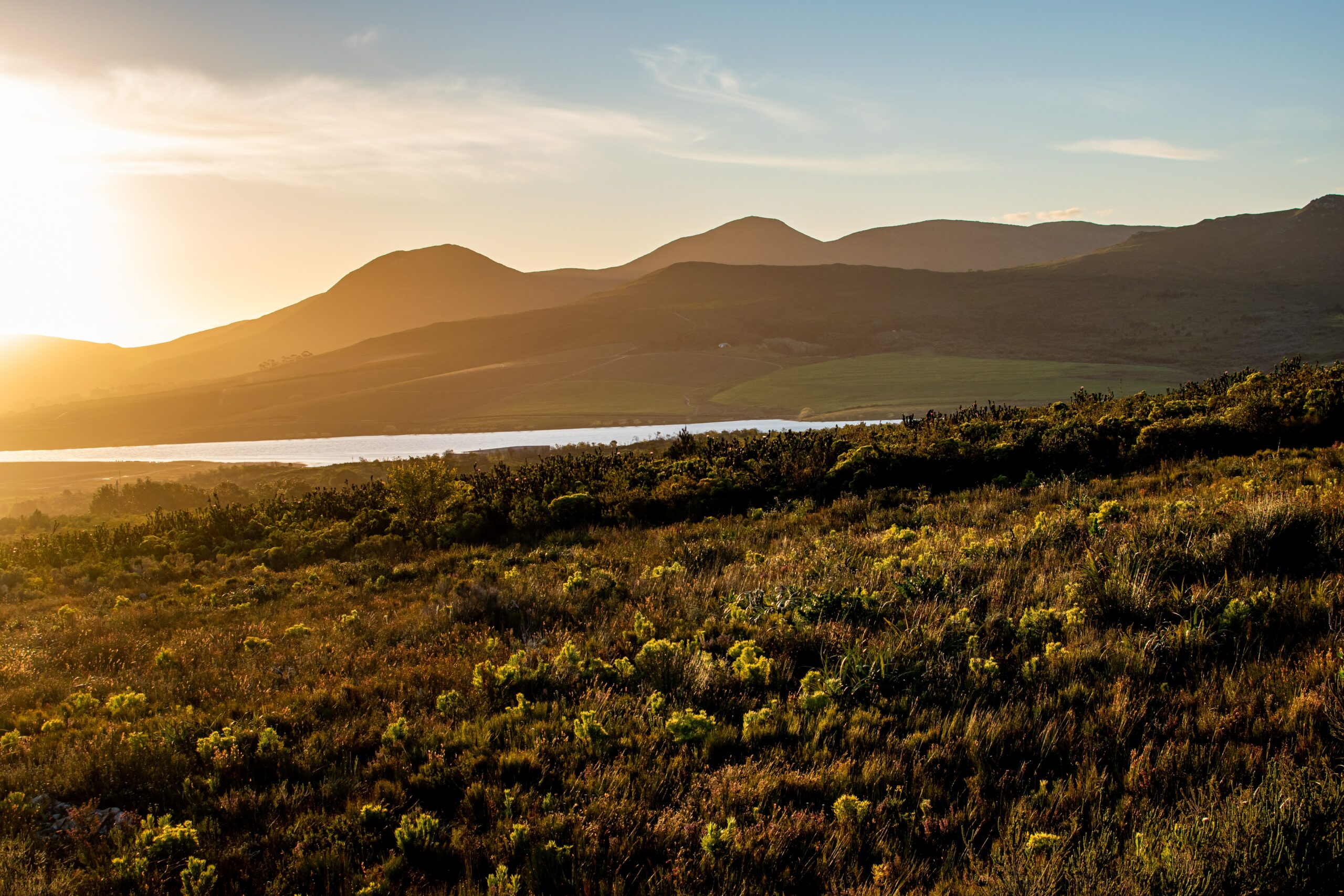

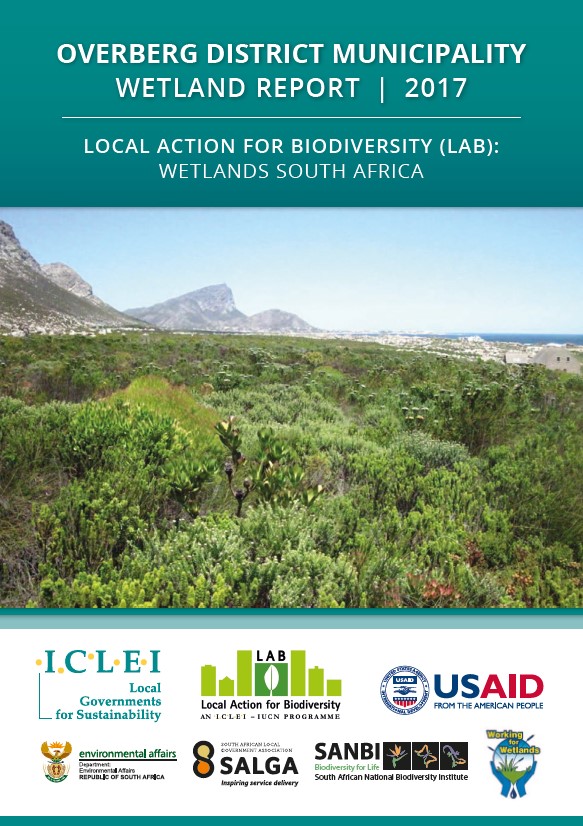
Download:
Related ICLEI Pathway(s)
About
Resource summary
Overberg District Municipality is located in the Western Cape Province of South Africa and covers an area of 12,241 km². The municipality falls entirely within the fynbos biome in the Cape Floristic Region, a recognised global biodiversity hotspot with high levels of endemism and floral and faunal diversity. A huge number of wetlands can be found throughout the municipality, including two RAMSAR sites of international importance, which provide crucial habitat for the unique flora in the region as well as for a variety of critically endangered flora and fauna species.
The wetlands throughout Overberg District Municipality are considered to be high-value ‘ecological infrastructure’ as they provide habitat for flora and fauna, but also provide critical ecosystem services to the municipality. These include flood attenuation, water filtration, erosion control and water storage (regulatory services) as well as food provision, supply of raw materials and clean drinking water (provisioning services). The wetlands within the municipality also play a pivotal role in disaster risk management as well as reducing the impacts of
climate change within the district.
Despite the wetlands within Overberg District Municipality being of high value to the municipality in terms of ecosystem service provision, a large number of the wetlands in the region are under threat or have already been lost. This is largely due to the spread of invasive alien plants (IAPs) (particularly Blue Gum, Black Wattle and Rooikrans), deliberate draining of wetlands to make way for development and agriculture, inappropriate development within the close proximity to the wetlands, poorly regulated agricultural practices (overgrazing and ploughing) and contamination through chemical, sewage and stormwater seeps. Degraded wetlands are unable to function to the same degree as healthy wetlands and as such ecosystem service provision is severely hindered or even lost altogether. As such, careful management as well as the investment in the maintenance of healthy wetlands and the rehabilitation and restoration of damaged or degraded wetlands is required. This will ensure the continued provision of these vital ecosystem services to the municipality.
Read more by downloading the report.
Related resources
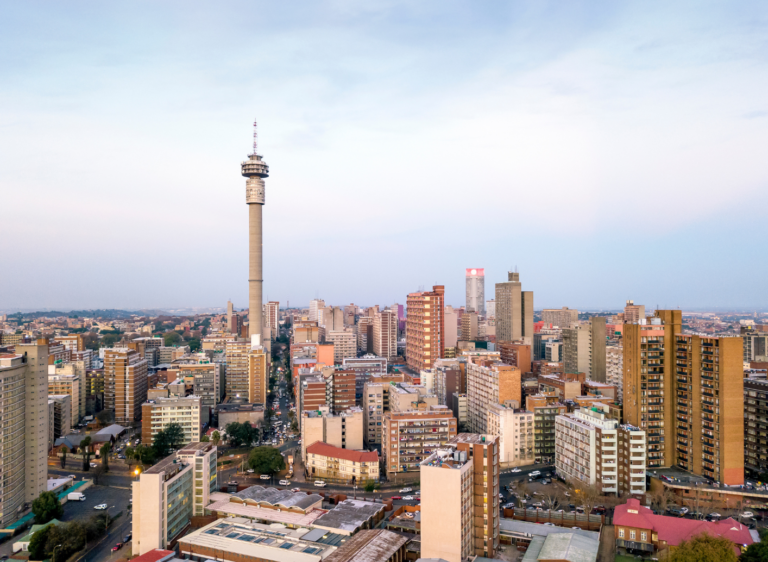
City of Johannesburg Goods and Services Assessment
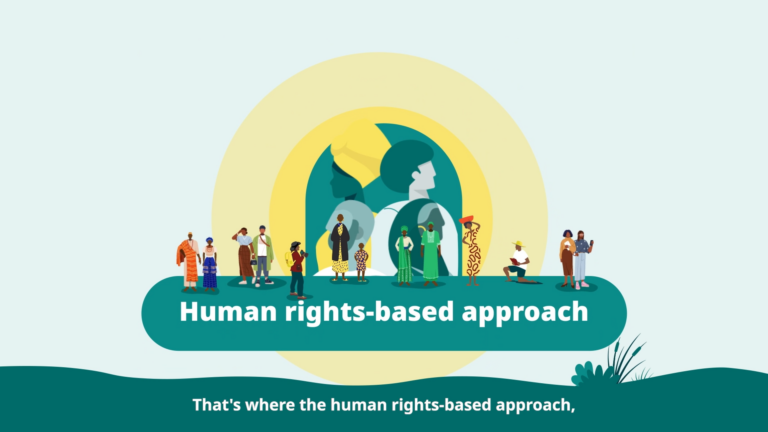
Nature-Based Solutions for African Cities: The Human Rights-Based Approach
